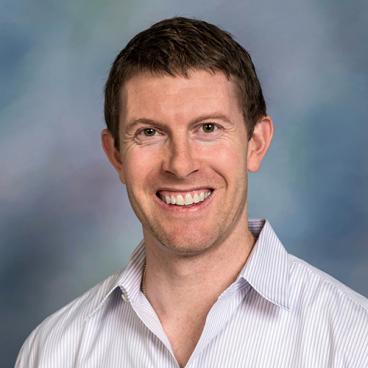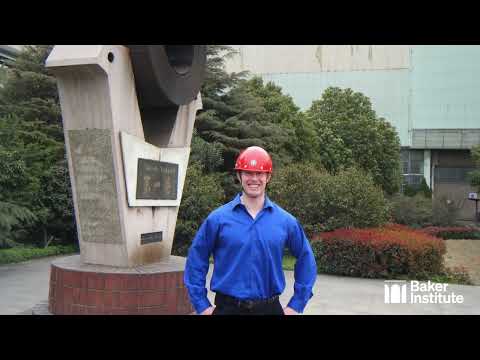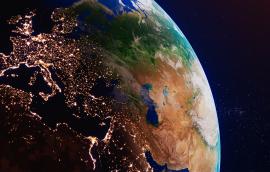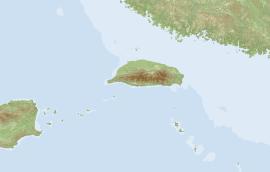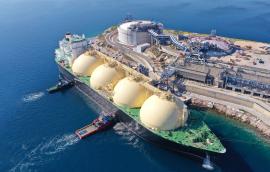Biography
Gabriel Collins is the Baker Botts Fellow in Energy and Environmental Regulatory Affairs at Rice University’s Baker Institute. He was previously an associate attorney at Baker Hostetler, LLP, and is the co-founder of the China SignPost™ (洞察中国) analysis portal. Collins has worked in the Department of Defense as a China analyst and as a private sector global commodity researcher, authoring more than 100 commodity analysis reports, both for private clients and for publication.
Collins’ research portfolio is global. His work currently focuses on legal, environmental and economic issues relating to water — including the food-water-energy nexus — as well as unconventional oil and gas development, and the intersection between global commodity markets and a range of environmental, legal and national security issues. His analysis draws from a broad swath of geospatial and other data streams, and often incorporates insights from sources in Chinese, Russian and Spanish.
Collins received his B.A. from Princeton University and a J.D. from the University of Michigan Law School. He is licensed to practice law in Texas.
Contact at [email protected] or 713-348-5939.
Recent Publications
Baker Institute Energy Fellows Appear on Shale Magazine’s ‘In the Oil Patch’
Center for Energy Studies fellows Steven R. Miles and Gabriel Collins joined Shale Magazine’s ‘In the Oil Patch’ radio show to discuss European gas supply in light of Russia’s invasion of Ukraine.
Texas Was Made for Pickup Trucks, but an Electric Revolution is Underway. Will Drivers Buy in?
Towing heavy loads may be a problem for new electric pickup trucks fellow Gabe Collins points out. Still, switching to cleaner technologies would be beneficial for work-based truck users who require significantly more fuel than others.
Could Economic Indicators Give an Early Warning of a War Over Taiwan?
Could economic indicators signal China’s intent to go to war? Increased oil reserves would be one of the most useful signs of an impending invasion of Taiwan or another potential conflict, fellow Gabriel Collins told The Economist.
